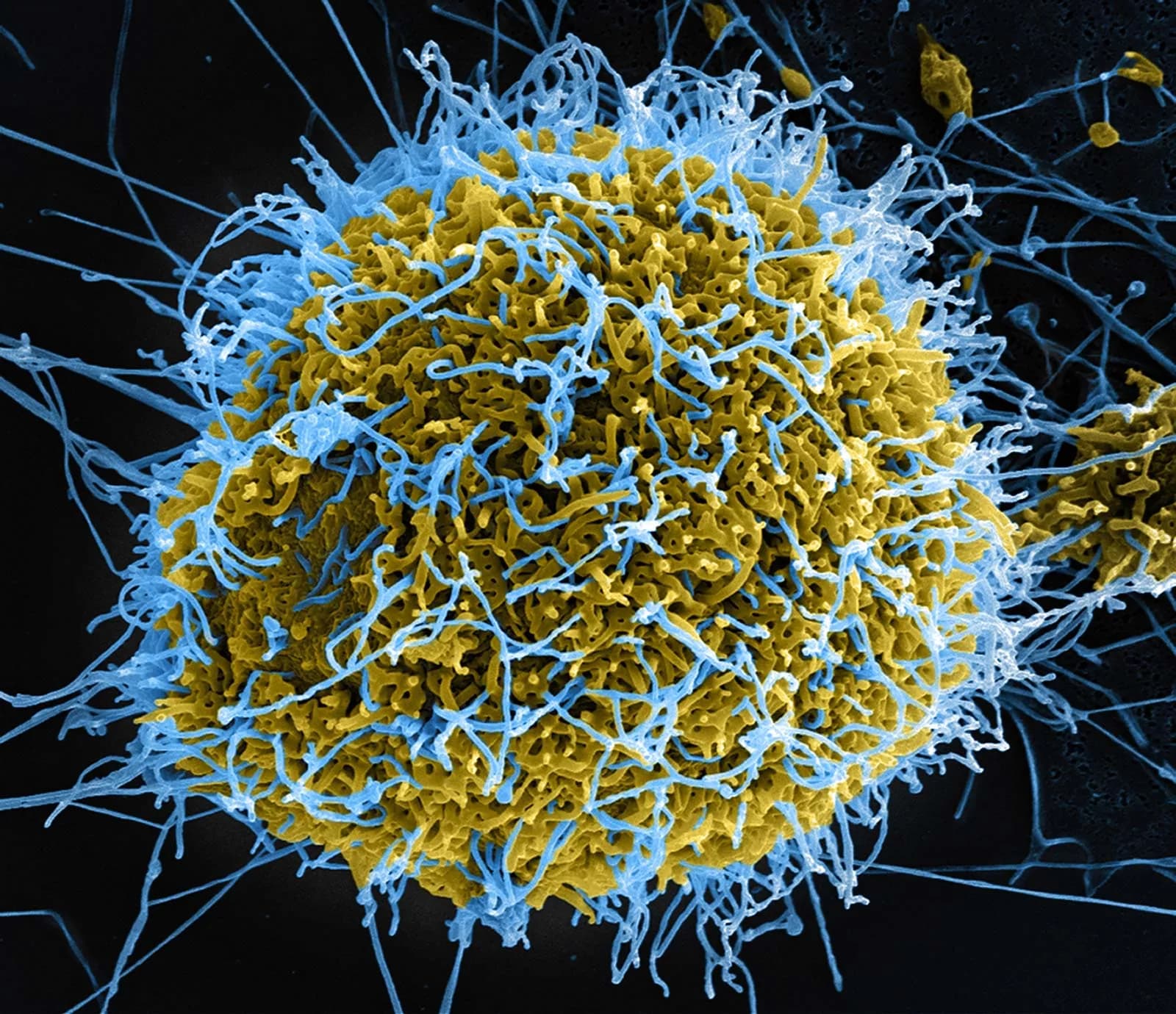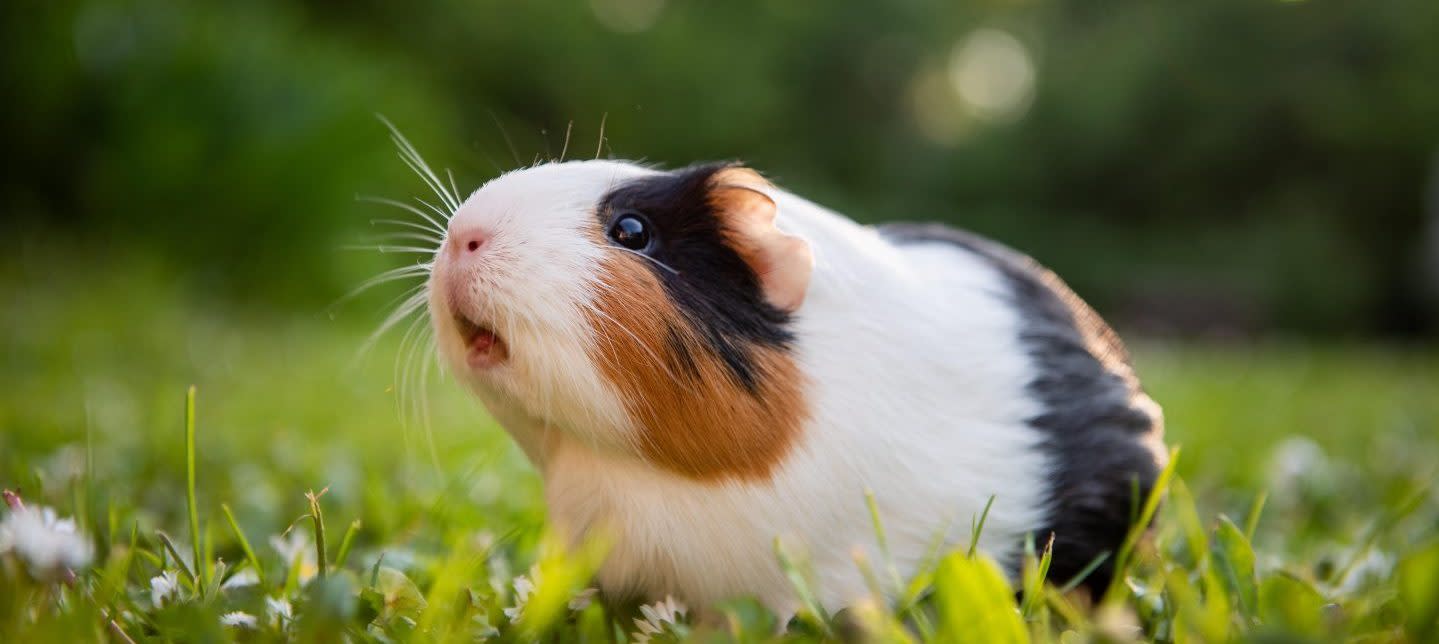Sero Evidence of Exposure to Ebolaviruses in Domestic Pigs-Guinea

Sero Evidence of Exposure to Ebolaviruses in Domestic Pigs-Guinea

Serological Evidence of Exposure to Ebolaviruses in Domestic Pigs from Guinea.
The genus Ebolavirus comprises several virus species with zoonotic potential and varying pathogenicity for humans. Ebolaviruses are considered to circulate in wildlife with occasional spillover events into the human population which then often leads to severe disease outbreaks. Several studies indicate a significant role of bats as reservoir hosts in the ebolavirus ecology. However, pigs from the Philippines have been found to be naturally infected with Reston virus (RESTV), an ebolavirus that is thought to only cause asymptomatic infections in humans.
The recent report of ebolavirus-specific antibodies in pigs from Sierra Leone further supports natural infection of pigs with ebolaviruses. However, susceptibility of pigs to highly pathogenic Ebola virus (EBOV) was only shown under experimental settings and evidence for natural infection of pigs with EBOV is currently lacking. Between October and December 2017, we collected 308 serum samples from pigs in Guinea, West Africa, and tested for the presence of ebolavirus-specific antibodies with different serological assays. Besides reactivity to EBOV nucleoproteins in ELISA and Western Blot for 19 (6.2%) and 13 (4.2%) samples respectively, four sera recognized Sudan virus (SUDV) NP in Western blot.
Furthermore, four samples specifically detected EBOV or SUDV glycoprotein (GP) in an indirect immunofluorescence assay under native conditions. Virus neutralization assay based on EBOV (Mayinga isolate) revealed five weakly neutralizing sera. The finding of (cross-) reactive and weakly neutralizing antibodies suggests the exposure of pigs from Guinea to ebolaviruses or ebola-like viruses with their pathogenicity as well as their zoonotic potential remaining unknown. Future studies should investigate whether pigs can act as an amplifying host for ebolaviruses and whether there is a risk for spillover events.
© 2019 Blackwell Verlag GmbH.
KEYWORDS:
ELISA; Ebola; West Africa; antibodies; ebolaviruses; neutralization test; pigs; serology
PMID:
31627257
DOI:
Disclaimer: Any third-party material in this email has been shared for internal use under fair use provisions of U.S. copyright law, without further verification of its accuracy/veracity. It does not necessarily represent my views nor those of NIAID, NIH, HHS, or the U.S. government.

